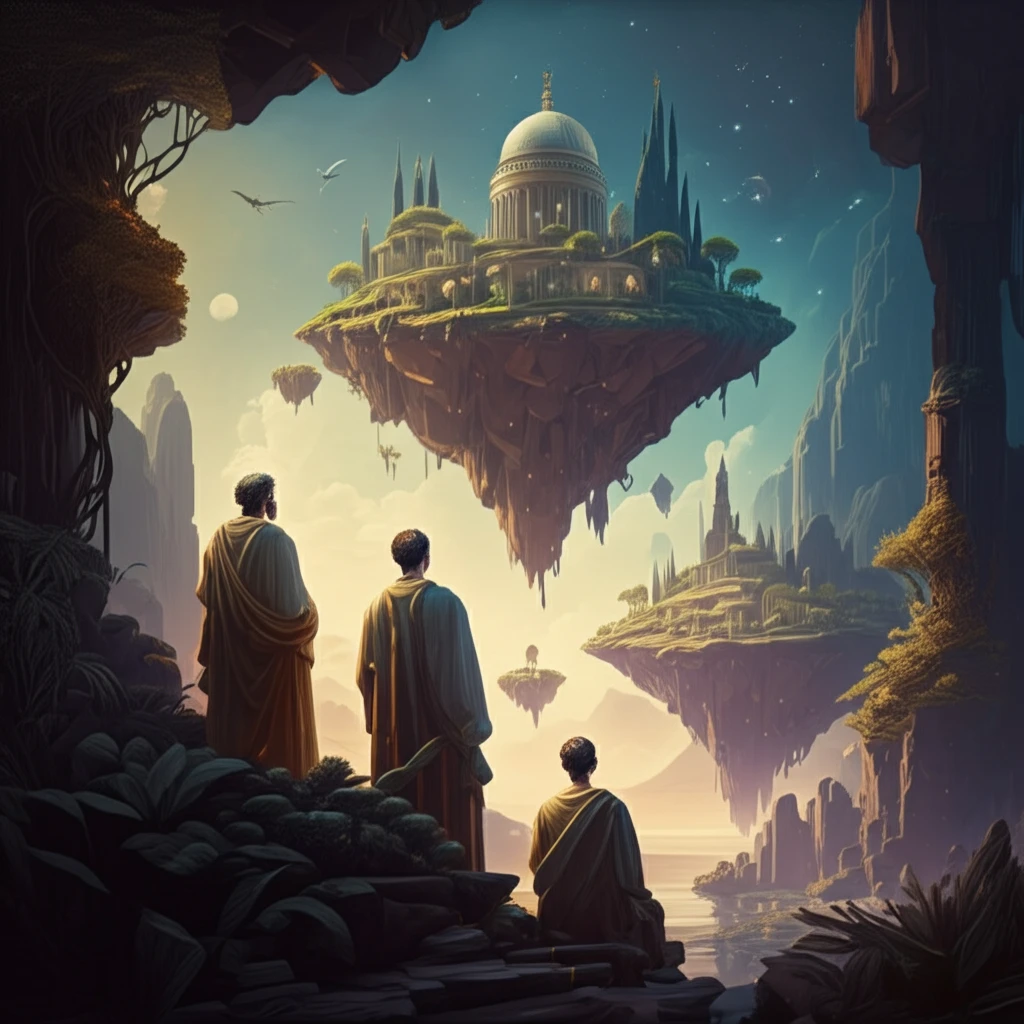
Unveiling Ancient Worldviews: How Early Geographers Shaped Our Understanding of the Earth
"From Theopomp to Hekataios: Exploring the fascinating evolution of geographical thought and its enduring impact on modern cartography and global perspectives."
For millennia, humans have sought to understand their place in the world, driven by curiosity and the need to navigate their surroundings. This quest for geographical knowledge led to the emergence of early geographers, individuals who dared to map the unknown and conceptualize the shape and nature of the Earth.
Among these trailblazers were figures like Theopomp and Hekataios, whose worldviews, though limited by the knowledge and technology of their time, profoundly influenced subsequent generations. Their efforts to document and interpret the world around them laid the foundation for modern cartography and contributed to the development of global perspectives.
This article delves into the worldviews of Theopomp and Hekataios, examining their contributions to geography and exploring how their ideas shaped our understanding of the Earth. By tracing the evolution of geographical thought from antiquity to the present day, we can gain a deeper appreciation for the enduring impact of these early pioneers.
The World According to Theopomp: Imagining Islands of Utopia

Theopomp, a Greek historian and rhetorician of the 4th century BC, offered a unique perspective on the world, imagining a series of islands beyond the known continents. These islands, often described as utopian societies, reflected Theopomp's philosophical and political ideals.
- Focus on ideal societies: Theopomp envisioned islands as utopian realms, free from the problems of the known world.
- Philosophical and political ideals: His descriptions of these islands reflect his own values and beliefs.
- Influence on utopian thought: Theopomp's work has inspired subsequent generations of thinkers interested in ideal societies.
From Ancient Visions to Modern Maps: The Enduring Legacy
The worldviews of Theopomp and Hekataios may seem rudimentary compared to our modern understanding of geography, but their contributions were essential in shaping the field. They represent early attempts to make sense of the world, to map its contours, and to understand the relationships between different regions and peoples. Their efforts paved the way for later geographers and cartographers who built upon their foundations, leading to the sophisticated maps and global perspectives we have today. As we navigate our increasingly interconnected world, it is important to remember the pioneers who first dared to imagine its shape and scope.
